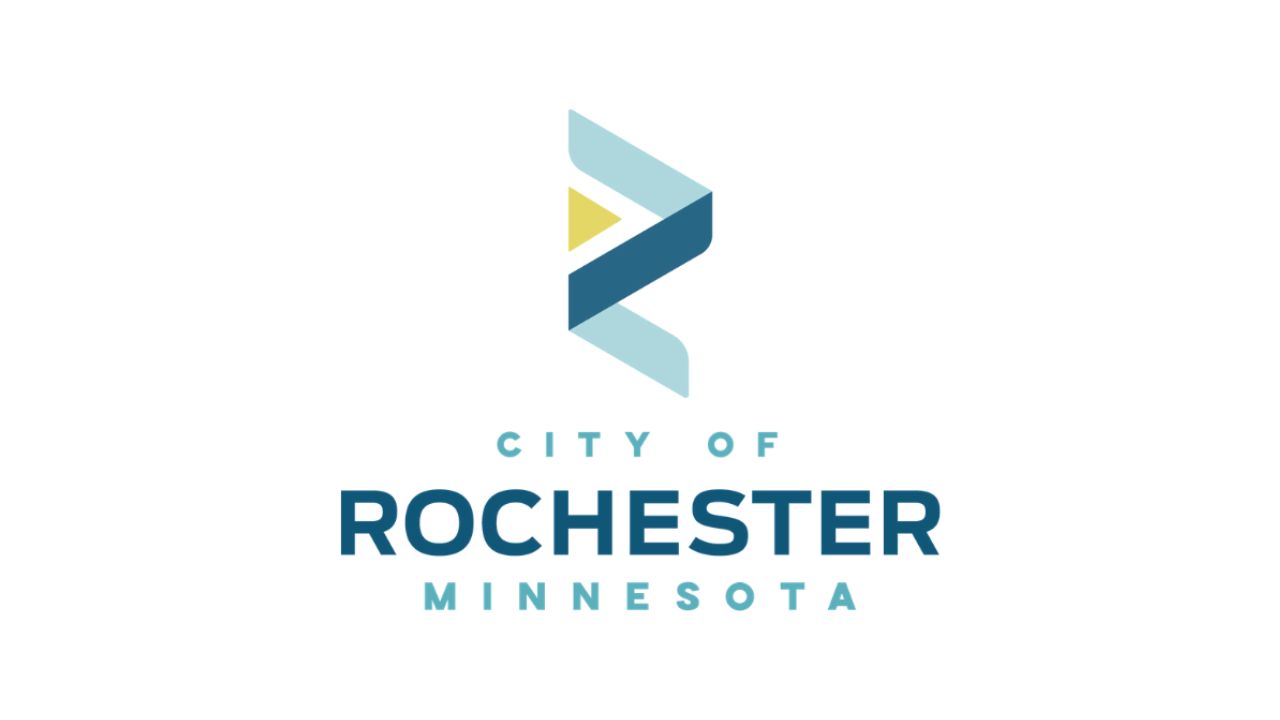Two geothermal wells to be installed at Rochester City Hall

Courtesy: City of Rochester
(ABC 6 News) – The City of Rochester announced on Thursday a project to install two geothermal wells at City Hall in an effort to help meet its greenhouse gas emission reduction goals.
The City said the geothermal technology will allow the building’s heating and cooling systems to operate without the use of fossil fuels and addresses system needs that resulted from the phasing out of the previous steam system, which had reached its useful life.
Construction related to the installation of the wells will begin on June 26 and is expected to last eight weeks. The work will require the closure of the northern section of the lower government center parking lot from June 24 to mid-August. The short-term parking spaces in the upper loop, including the Handicapped Parking spaces, will not be impacted.

Shifting from fossil fuels to electricity generated by renewable resources, also known as “building electrification” is the number one opportunity for Rochester to meet its greenhouse gas emission reduction goals.
The City says the geothermal wells will reduce emissions of City Hall by 100% in 2030 when RPU electricity is 100% renewable. Additionally, “use of the geothermal wells with heat pumps is expected to reduce heating and cooling energy consumption by 75% compared to steam,” shares Scot Ramsey, Manager of Facilities and Property.
The geothermal wells at City Hall, which were designed by Minnesota-based Darcy Solutions, will be the first of their kind in Rochester and two of eight in the state of Minnesota.
The closed-loop heat exchange system uses constant temperatures present in the aquifer to provide an efficient transfer of energy for warming and cooling a building. The closed system prevents movement of groundwater out of the aquifer.
The Downtown Building Energy Transition (DBET) Project provided the opportunity to pursue geothermal technology at City Hall. The equipment budget for the geothermal wells and heat pumps of the DBET project is $1 million. This initiative aligns with the City of Rochester’s carbon reduction goals and is part of the City’s commitment to 100% renewable power in 2030.